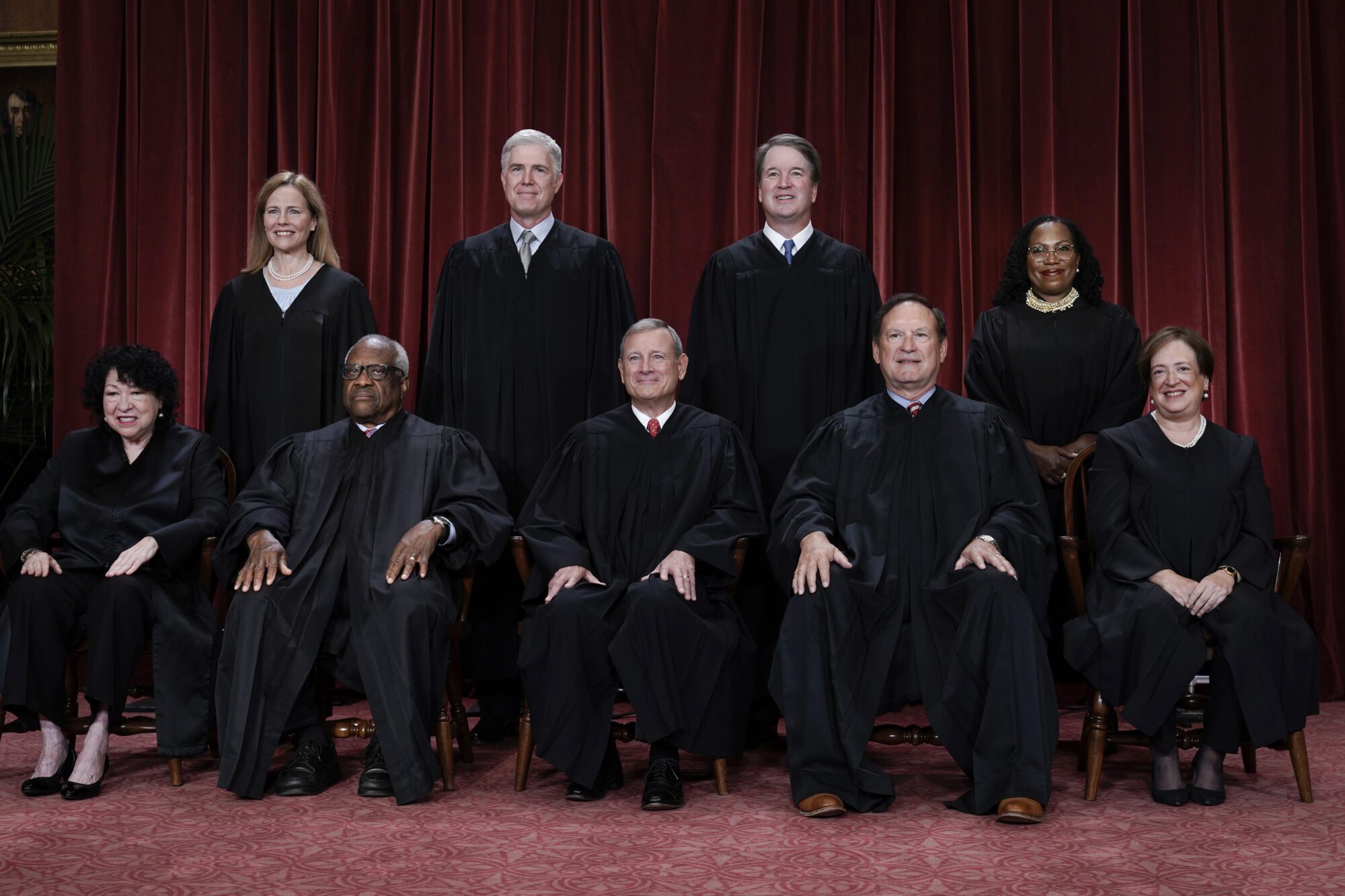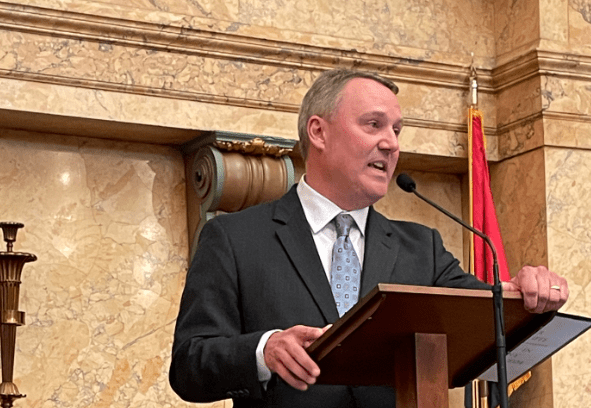RELEASE
Senate Unanimously Approves Bill to Improve Space Weather Prediction
Peters-Gardner-Booker-Wicker-Klobuchar Bill Helps Address Economic Impact of Solar Flares on Technology
WASHINGTON — The U.S. Senate today unanimously approved the bipartisan Space Weather Research and Forecasting Act, introduced by U.S. Senators Gary Peters (D-MI), Cory Gardner (R-CO), Cory Booker (D-NJ), Roger Wicker (R-MS) and Amy Klobuchar (D-MN). The legislation will help improve the ability to predict and mitigate the impacts of the extreme space weather events, including solar flares and coronal mass ejections, which are naturally occurring changes in emissions from the sun that can cause disruptions to the electrical power grid and communication networks, and lead to trillions of dollars in economic damage.
“There is a lot we do not know about predicting space weather,” Senator Wicker said. “Staying one step ahead of potentially disruptive events in space could help us avoid costly disasters. Federal agencies, such as NASA, NOAA, and FAA, will need to play a role in this emerging field. This legislation would help set clear guidelines and responsibilities for these agencies to get the job done.”
“Space weather events have the potential to severely disrupt critical parts of our infrastructure, from the electric grid to communications networks to air traffic control, which would have a disastrous impact on our economy and our daily lives,” said Senator Peters. “I am pleased the Senate approved this commonsense, bipartisan legislation that will help ensure federal agencies are able to protect against extreme space weather, and I urge the House of Representatives to swiftly approve this bill so we are well prepared to predict and avoid a possible worst case scenario space weather event.”
“A large-scale space weather event could have a major impact on our economy and national security and interrupt the delivery of essential services,” said Senator Gardner. “We must prioritize research and development in our critical infrastructure and be prepared to respond to a potentially catastrophic event. I’ve been proud to work on this bipartisan legislation with members of both parties as it has worked its way through the legislative process and am pleased it passed the full Senate today.”
“We are now one step closer to better preparing for and protecting against the damage and hefty financial costs that space weather can cause,” said Senator Booker. “This bill will help improve space weather data collection and agency collaboration, boost emergency preparedness, and help protect our vital infrastructure networks.”
“Severe space weather can negatively impact our critical infrastructure and interfere with our everyday lives,” said Senator Klobuchar. “We need to ensure that federal agencies are equipped with the tools they need to detect and predict space weather events in order to safeguard the American people and our national security. Today’s passage in the Senate brings this important legislation one step closer to law.”
The Space Weather Research and Forecasting Act strengthens space weather research by directing federal agencies to develop new tools and technologies to improve forecasting and measurement of space weather disturbances and their potential impacts to Earth. The legislation outlines clear roles and responsibilities for the federal agencies that study and predict space weather events, including the National Aeronautics and Space Administration (NASA), the National Oceanic and Atmospheric Administration (NOAA), the National Science Foundation (NSF), the Department of Defense (DOD), and the Federal Aviation Administration (FAA). The bill also directs NOAA to develop plans for a backup to the aging Solar and Heliospheric Observatory (SOHO) satellite, the only currently operating satellite providing imagery of space weather that could impact Earth.
The potential effects of space weather on the infrastructure and economy are drastic. Lloyds of London estimated a worst-case scenario space weather event could cause catastrophic economic losses of nearly $3 trillion and impact about 40 million people. A severe space weather event could cause extensive power outages, disrupt GPS and communications networks, and shut down or delay air travel. Though there is only about a 12 percent chance of a direct to Earth from a severe space weather event—roughly the equivalent of a magnitude 8 earthquake striking the United States—a large CME narrowly missed the Earth on July 23, 2012 according to a 2014 report from NASA. Analysts believe that a CME of that size directly hitting Earth could have caused widespread power outages and other disruptions and could require two years for full recovery.
5/2/17







